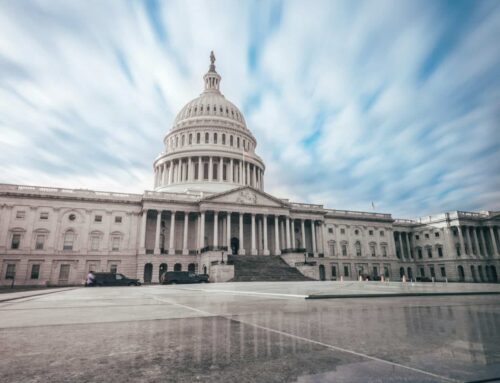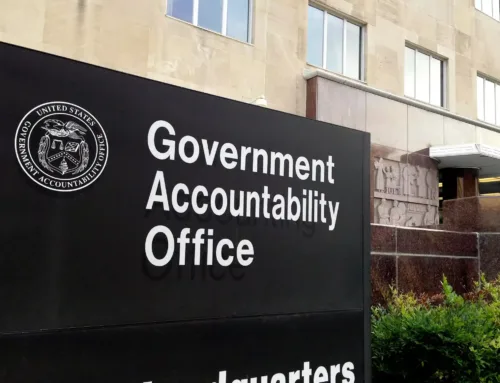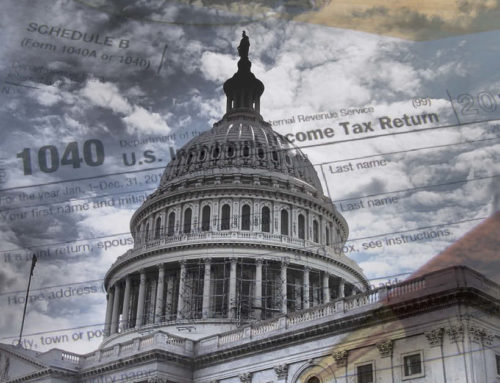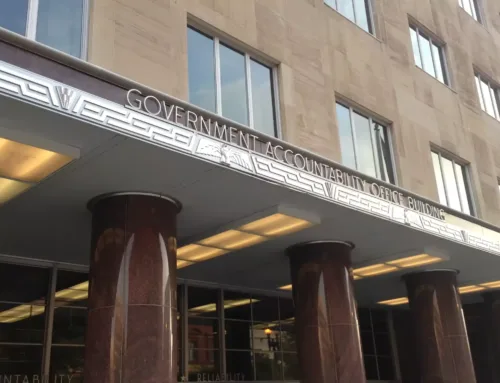Volume XVIII No. 49
The story changes with each passing day, sometimes with each passing hour, but one thing is clear, the time left for the small group of lawmakers tasked with setting the top line numbers for the federal budget in fiscal year 2014 is winding down quickly. The interesting thing is that the top line number for FY14 was actually set in the summer of 2011 by the Budget Control Act (BCA), anything more than that gets lopped off by across-the-board sequestration cuts. What Senator Patty Murray (D-WA) and Representative Paul Ryan (R-WI), chairs of their respective chamber's Budget Committees, are trying to do is come up with a variety of spending offsets – whether though cuts or new revenue – to avoid sequestration and increase the total to something a little more palatable to their spending appetite. Each new press report seems to state either that they are close, or that it is hopeless and will never meet the December 13 deadline.
Of course this whole negotiation should have been occurring back in April when each chamber approved their vastly different budgets. The House matched the BCA totals but instead of keeping the mandated balance between defense and non-defense spending, they bumped up Pentagon spending by cutting everything else more. The Senate blithely ignored the BCA and gave practically every agency a big raise, blowing $90 billion past the caps. And then nobody did anything. Not a single spending bill has passed the Senate. And only four of the dozen required spending bills have passed the House. So when the October 1st start of FY14 dawned, the government shut down. Which is how the country got here – near the end of first quarter of this fiscal year, Congress is still trying to figure out how much the nation is going to spend.
As we await the white smoke announcing the negotiations are over and there is final budget number, “news” trickles out about what is being considered. Almost everyone agrees that there will be no grand bargain of tax changes and entitlement reform. Instead the rumors point to a small deal that would increase spending in fiscal year 2014 by something around $30 billion and set increased spending for FY15 as well. The question is: where does that money come from? Right now it appears they are talking about increasing Transportation Security Administration (TSA) fees for flyers, selling more wireless spectrum, and increasing federal worker pension contributions. Undoubtedly there are more.
What is the most concerning is lawmakers’ penchant for gimmicks to make budgets look smaller than they actually are. On the gimmick scale, the above mentioned proposals are far from the worst. But they have their issues. Increasing the TSA user fee and dumping the new revenue into the general fund is pretty much a tax. And if they’re going to do that, why not increase the gas tax too. It hasn’t changed in a couple decades and for the last several years lawmakers have pilfered the general fund for transportation spending because the tax doesn’t generate enough revenue to cover what they spend on transportation. Selling more wireless spectrum may be a good thing if taxpayers get a fair return, but why should that be used to offset increased spending and not just help pay down the debt.
The worst gimmicks are things like timing shifts – moving spending backward and forward in budget years to make it “disappear.” Or using promised spending cuts in the future to offset spending today.
The BCA was drafted to reduce the deficit by at least $1.2 trillion over ten years and $200 billion of that was just from reduced interest payments from less federal debt. Over that same ten years, the government will spend more than $35 trillion in discretionary and mandatory spending. In that context, $1 trillion is not that much.
The BCA set spending for fiscal year 2014 at $967 billion and starting next fiscal year, that amount will increase about two percent each year until 2021. The rumored deal would push fiscal year 2014 spending to roughly $1 trillion. The truth is government agencies can still function if this deal doesn’t go through. So, if Congress can’t come up with a responsible offsets, instead of gimmicks, it shouldn’t do anything. Thankfully, they are good at not doing anything.










